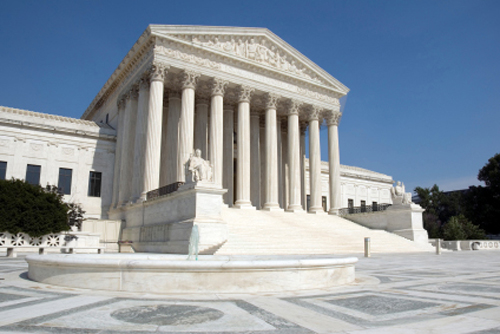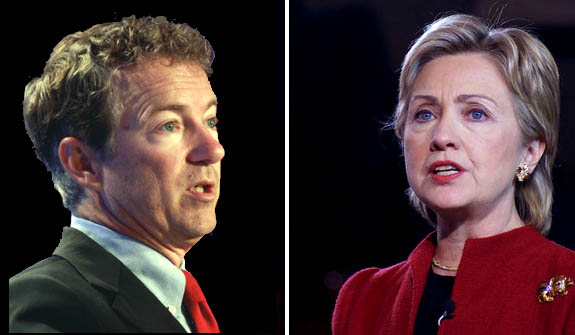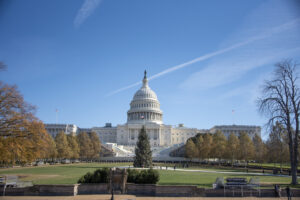
WASHINGTON (BP) – The U.S. Supreme Court will permit, for the time being, an abortion drug to continue to be dispensed by mail during the COVID-19 pandemic despite the Trump administration’s protest.
In an order issued Thursday night (Oct. 8), the high court declined to put on hold a nationwide injunction that blocks the Food and Drug Administration (FDA) from enforcing during the pandemic a rule that requires a woman to go to a health-care facility to receive the drug mifepristone (commonly known as RU 486). A Maryland federal judge issued the injunction citing safety precautions related to the pandemic.
The justices returned the FDA’s request to the federal judge who issued the injunction for a ruling within 40 days of the administration’s submission of its motion.
The action was not an indication of the Supreme Court’s opinion about the merits of the federal court’s injunction, but “a more comprehensive record would aid [the justices’] review,” according to the order. The high court said it would place a temporary hold on the administration’s emergency application while the lower court considers the motion.
Associate justices Samuel Alito and Clarence Thomas disagreed with the order, contending in a dissent written by Alito there “is no legally sound reason for this unusual disposition.”
Pro-life leaders expressed their disappointment with the court’s failure to act.
“There’s a real health concern with abortion pills that the FDA was right to address,” said Elizabeth Graham, vice president of operations and life initiatives for the Southern Baptist Ethics & Religious Liberty Commission (ERLC). “The casualness of abortion truly on demand via the mail is concerning.
“This dangerous development of abortion medically and culturally does not protect women but puts them at increased risk of health complications and emotional and psychological isolation. It does not offer or connect her in any tangible way to appropriate health measures or community support.”
“Every day of delay is a day that unborn children and their mothers are at risk from these dangerous drugs,” said Marjorie Dannenfelser, president of the Susan B. Anthony List. She thanked the Trump administration for its efforts and expressed confidence “we will ultimately prevail.”
Abortion-rights advocates welcomed the order despite its temporary status.
“It is a relief that, for the next few weeks at least, the Trump administration cannot force patients seeking an early abortion to needlessly risk contracting a life-threatening disease as a condition of obtaining care,” said Julia Kaye, staff attorney at the ACLU Reproductive Freedom Project.
Mifepristone – which was authorized by the FDA under President Clinton in 2000 – is part of a two-step process in what is referred to as a medical or chemical abortion. Mifepristone, sold under the brand name Mifeprex, causes the lining of the uterus to release the embryonic child, resulting in his or her death. Misoprostol, a second drug taken later, causes the uterus to contract, expelling the body.
Federal Judge Theodore Chuang ruled in mid-July the FDA requirement that a woman must receive mifepristone in person at a healthcare facility such as a clinic or hospital violates the right to an abortion. As a result, a woman can receive the abortion pill by mail or another form of delivery.
In his dissent, Alito said Chuang “took a strikingly different approach” than the Supreme Court on government restrictions during the pandemic. The high court has allowed state and local officials to dramatically limit freedom of speech and religion, he wrote.
“While COVID–19 has provided the ground for restrictions on First Amendment rights, [Chuang] saw the pandemic as a ground for expanding the abortion right recognized” in the 1973 Roe v. Wade decision, Alito wrote.
The justices clearly should grant the administration’s application, he wrote. The federal court’s decision, if reviewed, “is likely to be reversed,” Alito wrote. “And if the FDA is right in its assessment of mifepristone, non-enforcement of the requirement risks irreparable harm.”
The high court has only eight members remaining after the Sept. 18 death of Ruth Bader Ginsburg. Senate confirmation hearings on nominee Amy Coney Barrett are scheduled to begin Monday (Oct. 12).
In late July, ERLC President Russell Moore and more than 20 other pro-life leaders called for the FDA to categorize mifepristone as an “imminent hazard to the public health” and to withdraw it from the market because of its threat to women as well as unborn children.
Mifepristone is “highly dangerous for women,” the letter said. The pill “poses a four-times higher risk of complication” than first-trimester, surgical abortion, the pro-lifers said, citing information from the American Association of Pro-life Obstetricians and Gynecologists.
The ERLC and other pro-life organizations worked to prevent the introduction of the abortion pill into the United States for more than a decade before the FDA gave its approval.



















